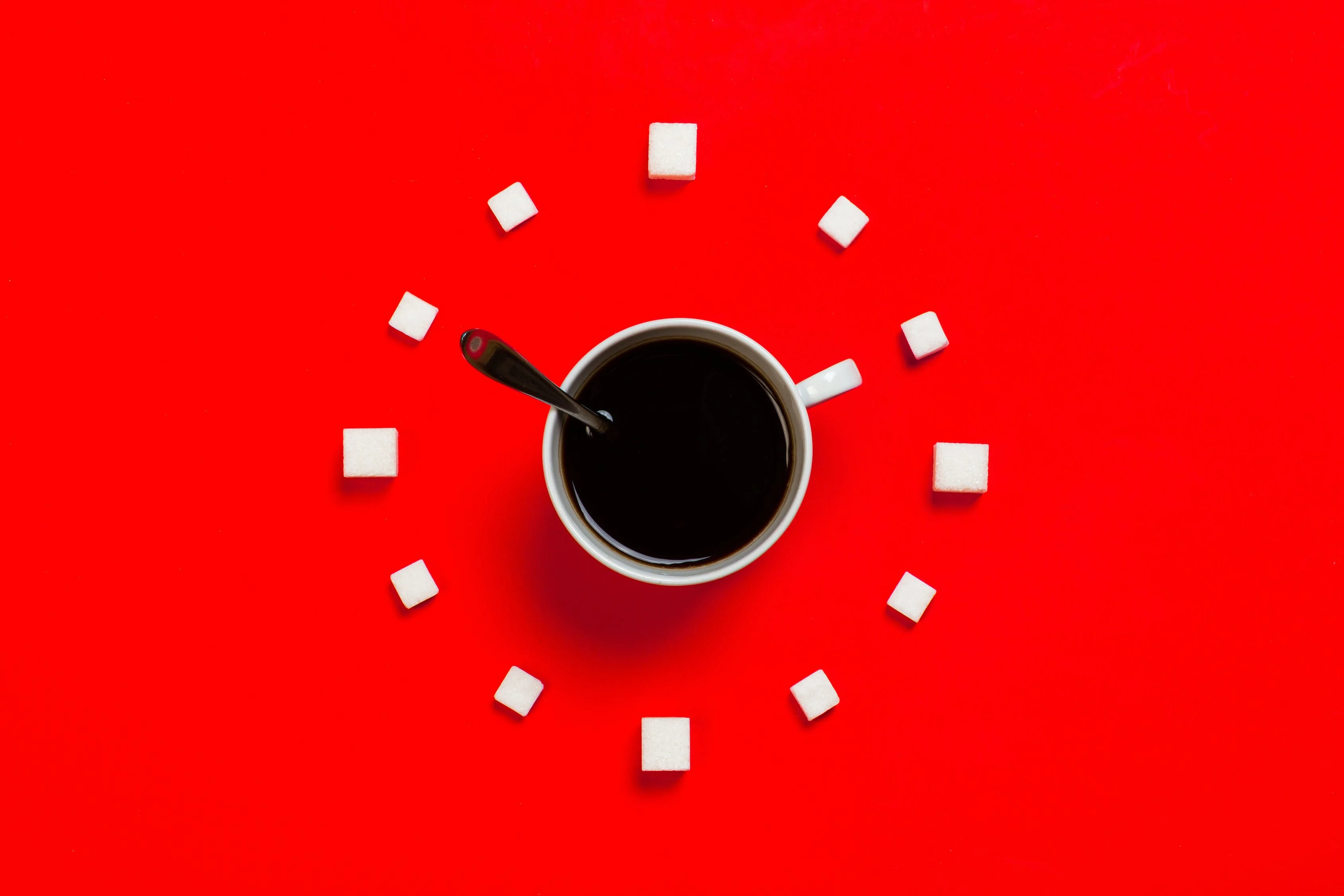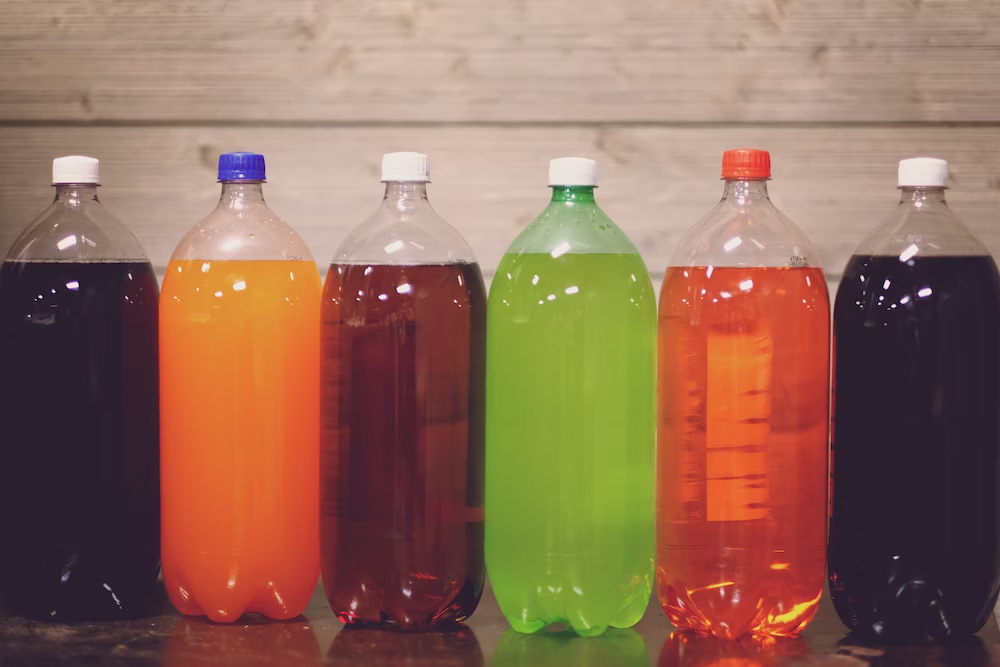


When “diet” and “light” sugar substitutes first appeared in shops, they sparked concern, but also hope: could they truly help us lose weight while tasting just as sweet as table sugar?
Since then, several research have been done, so let’s take a look at what we now know or are reasonably certain about.
What are artificial sweeteners and how do they work?

Artificial sweeteners, which are commonly included in diet alternatives, activate the sweet taste receptors on the tongue.
Artificial sweeteners come in a variety of flavors. Acesulfame potassium, neotame, saccharin, sucralose and Aspartame, are the most prevalent ones listed in the ingredients list.
They typically have no or very few calories, which may assist to mitigate the negative effects of too much sugar – although there’s a lot of debate about this. The most frequent one revolves on sugar-free sweet drinks.
Effect of diet sodas on our health

Diet sodas should ideally help individuals lose weight and avoid sugar-related illnesses because they contain little to no calories. This isn’t always the case, though.
There have been several studies linking diet sodas to an increased risk of type 2 diabetes, metabolic syndrome, depression, obesity, and even premature birth.
Artificial sweeteners, according to one research, can create issues by changing the “good” flora in our stomach. However, additional data is needed to reach a conclusion.
It’s important to understand that many of these studies only indicate “associations,” not proof that diet Coke or artificial sweeteners are the source of these issues. As a result, there are studies that reveal no correlations at all.
However, there might be a reason for these connections.
Craving for sugar

In what is known as the “food reward,” sugar causes the release of brain chemicals and hormones. This is essential for satiety, or feeling full after eating.
Sugar’s influence on food reward is so strong that it’s comparable to narcotics like cocaine, which can develop to a dependence on the gratifying sensation.
When sugar is replaced with artificial sweeteners, certain people who desire sweet food more than others don’t experience the same satiety or food reward, perhaps leading to increased cravings.
They are most likely experiencing withdrawal symptoms from the pleasurable feeling.
This is thought to be the reason why some studies relate artificial sweeteners to increased hunger and sugary food desires, while others show no such effects.
What are the alternatives?
Anyone who desires the “food reward” should progressively limit their sugar intake. The higher the calorie count, the greater the “food reward.” As a result, low-calorie sweeteners like these may help to reduce cravings:
-Sweeteners that are low in calories and made from natural components. Stevia, for example, is a popular sweetener made from the leaves of the Stevia rebaudiana plant. According to a few studies, it can help reduce blood sugar levels and blood pressure.
– Sugar alcohols are low-calorie sweeteners with sweetness similar to sugar but just half the calories. Mannitol, sorbitol, erythritol and xylitol are examples of these sugar alcohols. These have certain health advantages as well. Xylitol, for example, appears to be beneficial to tooth and bone health.
As it stands , there is no miracle cure that will allow you to eat sweets and sugary foods guilt-free. However, with these changes, it’s conceivable that you won’t need it at all!
If you wish to lean more on how to read labels for identifying the right oil for your health, Click Here
Consult an expert nutritionist on my team at +91-9743430000 who can help you understand and identify foods that works best with your body and help you achieve your health goals.
Ryan Fernando is an Award-winning celebrity Sports Nutritionist with 2GUINNESS world record and 2 Olympic medals under his belt. His client list include Olympic wrestler Sushil Kumar, cricketer Shikhar Dhawan & bollywood superstars Aamir Khan & Abhishek Bachchan. He is Chief Nutritionist at QUA Nutrition Signature Clinics.
©2023 All Rights Reserved Ryan Fernando. Designed and Developed by Floral Web Services